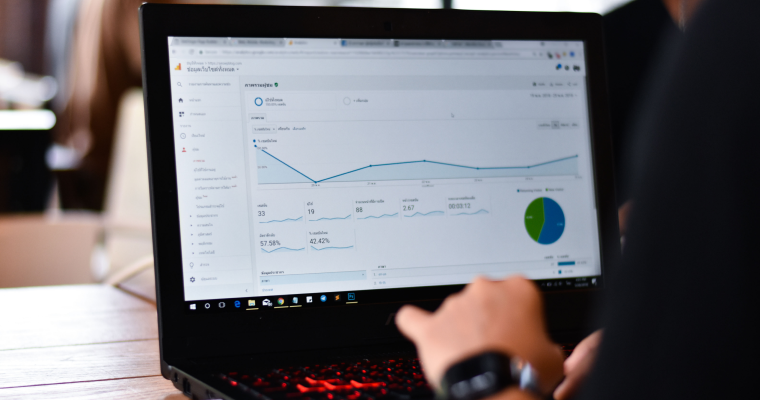
Domain authority was first developed by the SEO toolset and resource, Moz. It’s important to note that domain authority is not officially a Google ranking factor. Rather, it’s a search engine ranking score that effectively predicts website rankings on Google SERPs (search engine results pages).
Moz’s domain authority scores range from one to one hundred. The higher the score, the higher the likelihood of ranking. Again, domain authority isn’t a metric that corresponds to improved SERP rankings. However, it’s a reliable indicator of site performance and health, especially in comparison with competitors.
Scores are defined based on both the quality and quantity of links that a page receives. This means that pages with backlinks from high-authority sources (Google, news outlets, government pages, official websites, etc.) are more likely to get higher scores.
When trying to build domain authority, site owners should consider the types of sources considered reliable in their respective industry or field. For example, a scientific website should link to peer-reviewed journals, renowned encyclopedias, academic sites, and other high-authority scientific resources online.
Moz’s Link Explorer allows you to check your site’s domain authority for free. All you have to do is enter the root URL of your domain, and Link Explorer will evaluate the site’s domain authority.
Link Explorer also has other handy features and metrics, such as:

The best way to improve domain authority is to improve your site’s SEO. Particularly, focus on building quality links pointing to your site and using high-authority links in all of your content and copy.
Keep in mind that while the quantity of links matters, what is important in both SEO and domain authority is the quality of links. Ensuring that you have a great balance between quality and quantity will help you stay ahead of competitors.
When it comes to domain authority, your link profile is the top metric. As such, sites that have a great link profile tend to have higher scores than sites with average link profiles.
To ensure that your link profile is strong, keep the following in mind:
Make sure to improve your SEO as well by optimizing all of your site’s copy and content. Here are a few reminders to ensure that your site’s SEO is on track:
The easiest way to boost your SEO and organic rank quickly is to use our free SEO scorecard.
Google has since included user and page experience in its ranking factors, which means that mobile-friendliness is now a must for websites. On top of this, searches on mobile have also surpassed desktop with 60% of all searches coming from mobile.
Keep in mind that Google is always churning out algorithm updates, so it’s important to stay on top of your game when it comes to site performance on mobile. To check on your site’s performance, you can use Google’s Mobile-Friendly Test. It will come up with action points and recommendations to improve your site’s mobile-friendliness.
Page speed is one of Google’s top page ranking factors. As such, site owners should always check for site speed by making sure content and images are optimized, among other things. Besides, slow-loading sites are usually abandoned by users.
Page speed is a complex metric that may be affected by several factors. However, here are some tried-and-tested tips for improving it:

Don’t panic if you’re starting with a low domain authority score initially. Building it is a consistent effort, and there’s really no way around it but by trying to improve your site’s overall health and SEO. By following the tips outlined above, you’ll eventually see not just your domain authority improve but your SEO as well. Keep at it, and remember to focus on quality in all aspects—content, links, and user experience.
